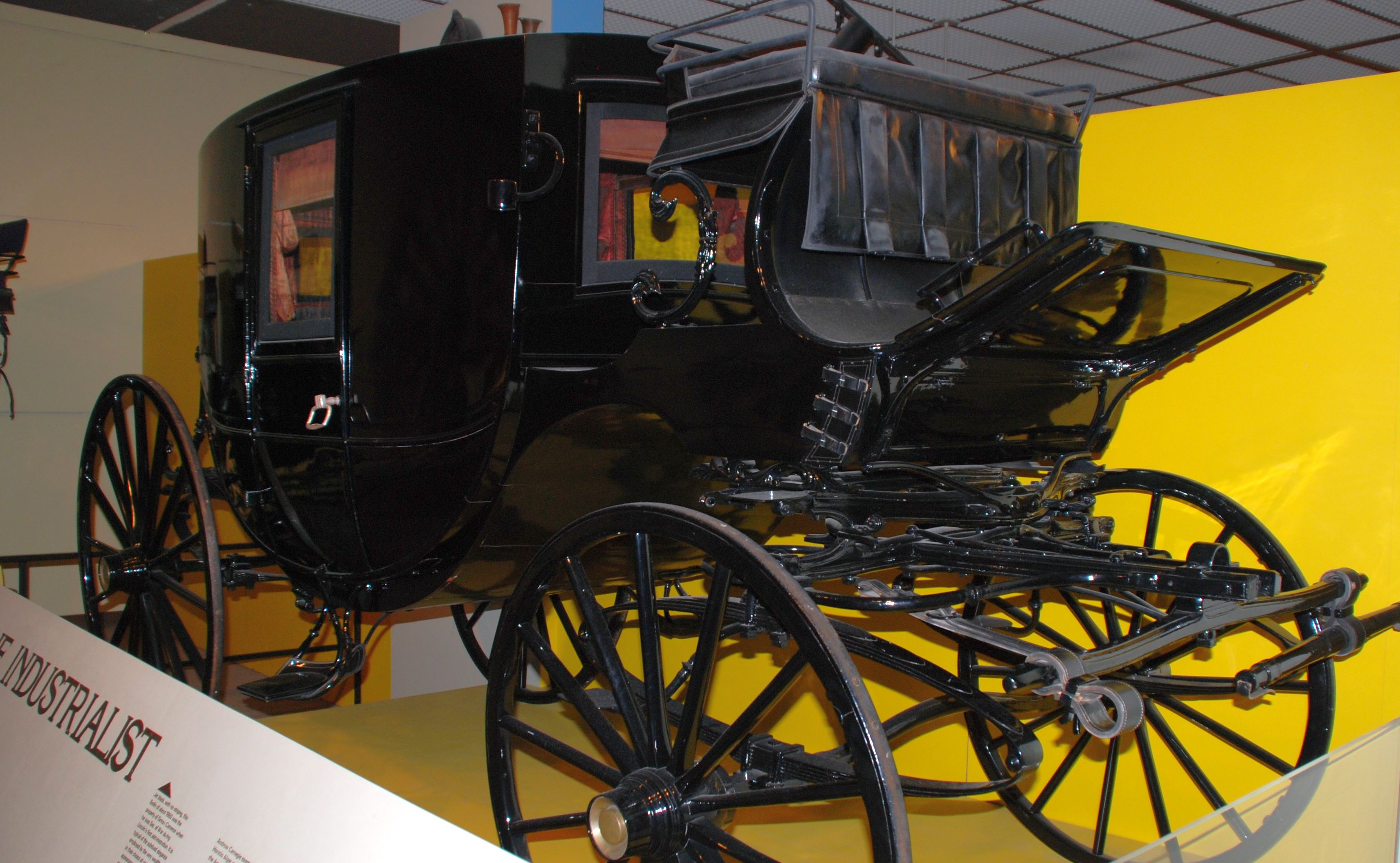Authors:
Historic Era: Era 5: Civil War and Reconstruction (1850-1877)
Historic Theme:
Subject:
February/March 2021 | Volume 66, Issue 2


Authors:
Historic Era: Era 5: Civil War and Reconstruction (1850-1877)
Historic Theme:
Subject:
February/March 2021 | Volume 66, Issue 2
There were instances of misconduct in Abraham Lincoln's administration, especially in the War Department and the army. And there were scandals, too, though none was ever linked to the president himself or to any member of his official family except for Simon Cameron, the first Secretary of War.

Historians regard much of the administrative irregularities as perhaps inevitable, given the chaos and confusion, waste and inefficiency, that characterized the Union war effort in the first two years of hostilities. In 1861, the government was almost totally unprepared to fight a massive civil war: it had never before had to raise, equip, and supply such large field armies; and it had never had to cope with problems of internal security at a time of domestic rebellion.
Lincoln himself, without previous administrative experience, thus confronted a national emergency for which precedents and guidelines were virtually non-existent. His cabinet members, moreover, lacked clear lines of authority in managing a war of this kind and often worked at cross-purposes.
From the outset, the Secretary of War Cameron was responsible for spending enormous sums of money to supply and equip Union armies. But the War Department was so understaffed that the Secretary turned to state governors and private citizens for help. The result was widespread chaos, as agents representing state governors as well as the Ordnance, Quartermaster, and Commissary Bureaus of the War Department vied with one another in spending federal funds for war materiel.
Apprised of certain irregularities in War Department spending, Congress in July, 1861, twice demanded that Cameron provide specific information on all government contracts awarded since March 4. But Cameron refused both times to comply. As a consequence, the House established a special committee on contracts to investigate; and the committee, after hearing testimony and examining war expenditures, produced a 1,109-page indictment of maladministration in Cameron's office.
The committee's principal complaint was that the Secretary and his maze of agents — some unscrupulous, others inept — had thrown competitive bidding to the winds and had bought exclusively from favorite middlemen and suppliers, many of them "unprincipled and dishonest." Thanks to a combination of inefficiency and fraud, the War Department had purchased huge quantities of rotten blankets, tainted pork, knapsacks that came unglued in the rain, uniforms that fell apart, discarded Austrian muskets, and hundreds of diseased and dying horses — all at exorbitant prices. In one instance, the War Department had sold a lot of condemned Hall carbines for a nominal sum, bought them back at $15 apiece, sold them at